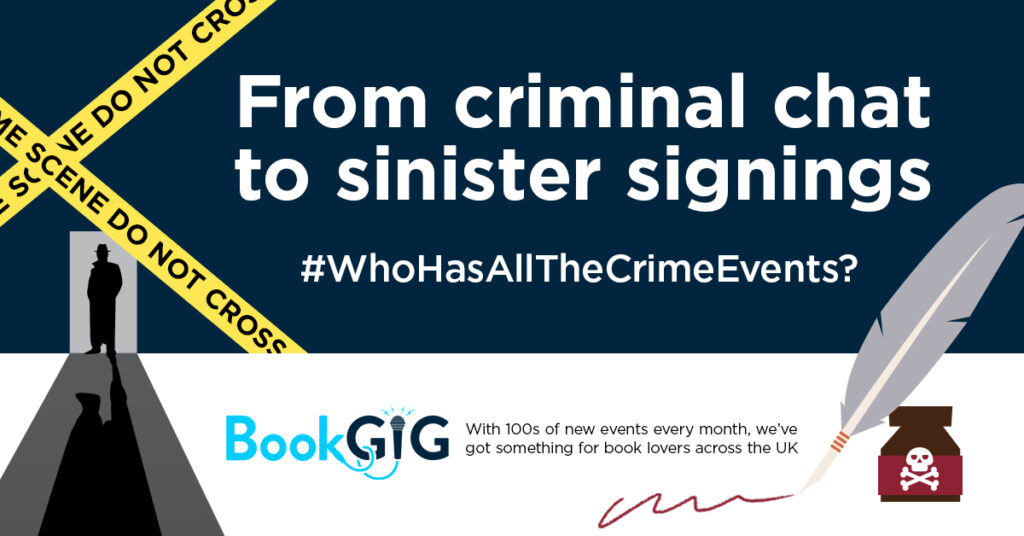How do you write a blogpost about a thriller? I’ve been thinking about this for a few days. In the end I decided I couldn’t do better than show you the True Story which first inspired The Marks of Cain.
Europe’s Forgotten Untouchables
Sitting in her little house near Tarbes in the Pyrenees, Marie-Pierre Manet-Beauzac is talking about her ancestry. For most people this would be easy enough, perhaps even pleasurable. For the forty-something mother-of-three Marie, the truth about her bloodline is tinged with great sadness: she belongs to a strange tribe of supposed cannibals, apparently descended from Saracens. A tribe that has been repressed in Pyrenean France for a thousand years.
Marie-Pierre Manet-Beuazac is a Cagot. If the word means nothing to you, that is unsurprising. The history of the Cagots is obscure, some might say it has been deliberately erased. Marie certainly believes this: ‘To talk about the Cagots is still a bad thing in the mountains. The French are ashamed of what they did to us, the Cagots are ashamed of what they were. Naturally,’ she adds, ‘many Cagots have changed their Cagot surnames. And plenty have emigrated.’
So who or what are the Cagots? Their beginnings are mysterious. They first emerge in documents around the 13th century. By then they were already regarded as an inferior caste. They had their own urban districts: on the wrong side of the river, or down the gloomiest backstreets. These ghettoes were known as Cagoteries. They also had their own humble cemeteries – and sometimes their own churches. When they shared churches with the general peasantry, their status as ‘untouchables’ was marked out. They were given communion wine on the end of long wooden spoons. They had their own fonts so they wouldn’t pollute the regular holy water. They also had their own small church doors. Today these doors represent the best evidence of Cagot life: you can still see them in the Midi-Pyrenees – in villages like Luz Saint Sauveur, Saint Savin, or Campan.
Cagots were forbidden from many trades, though they were allowed to be butchers and carpenters – they built beautiful churches. Their skin was said to carry infection, so they were not allowed to go barefoot: this led to rumours they had webbed toes.
It was forbidden for a non-Cagot to marry a Cagot. The Cagots had to wear a goose’s foot on their clothes, so people could see who were the ‘heretics’. Many ordinary peasants believed that the Cagots were psychotic, even cannibalistic. There is no evidence for this.
Where did they come from? Some think Cagots were the slaves of invading Visigoths (hence the name: ‘dogs of the Goths’). Others think they were lepers. Marie Beauzac has no doubts about the Cagots’ background. ‘I think the Cagots are descendants of Moorish soldiers left over from the 8th century. That’s why some people called them “saracens”. I am quite dark, and my daughter Sylvia is by far the darkest in her class.’
I ask Marie if she will let me use a picture of Sylvia – and the rest of her children. She shakes her head. ‘I’m sorry, but no. It is OK for me to admit where I come from. But if people knew about my children’s background, it might be difficult for them. The hatred still lingers.’
Suddenly she looks very sad. She stares out of her window, at the distant Pyrenees. ‘Sometimes it is like my people have disappeared. But this is not true. If you travel near Campan, for instance, you can still see the short, swarthy people descended from Cagots.’ She sighs. ‘So we are still here. Yet we are hidden away. Like a shameful secret.’


